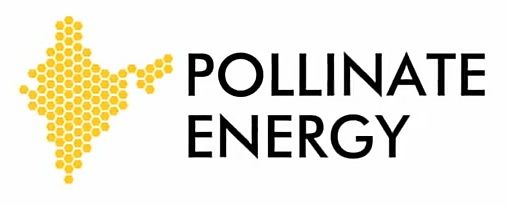Australian-Indian social business Pollinate Energy snags two UN awards for shining a light on slum-dweller lives

Pollinate Energy, an Australian-Indian social business has been bestowed with the UNEP SEED award, and also named as one of UN’s 2013 “Lighthouse Activities” under the Momentum for Change initiative. Since commencing operations in February this year, the company has installed over 2500 solar systems in urban slum households. The company estimates that their efforts have helped reached over 11,000 people, saved Rs 23 lakh and avoided the emission of some 110 tons of CO2.
Pollinate Energy’s background:
So what was the inspiration for Pollinate Energy? The enterprise in the aftermath of the co-founders witnessing the largest blackout the world has ever seen in India in July 2012. The news ricocheted worldwide, but what was left unseen, unreported and largely undocumented was that, for 300 million Indians, this was nothing out of the ordinary. These 300 million exist in energy poverty, and their lights go out, every time the sun sets.
In urban slum communities in India, people often have nothing but a dangerous, dirty and environmentally unsound kerosene lamp to illuminate the darkness. This is a less than ideal solution to a problem that, for most of the world’s population, was solved a long time ago.
Pollinate Energy’s solution:
Pollinate Energy trains local entrepreneurs (known as “Pollinators”), and arms them with the necessary equipment, business know-how and skills to distribute solar products in urban slums. This provides customers with a much more flexible lighting environment and a safer space for them and their families to live. It also affords users the chance to power other electronic items such as mobile phones. This simple solar technology allows children to study at night and parents to have more flexible work hours, whilst also reducing the health and safety risks of kerosene usage.
Demand for Pollinate Energy type of services is expected to increase. According to Stanford University energy expert Ted Hesser, this could be fueled due to the rising cost of kerosene, the reduced cost of solar and emerging new solar business models. Given that over 3 billion people in the world earn between $2-10 per day, the market for off-grid, cheap solar is perhaps enormous.
Besides using nifty solar technology, the Pollinate Energy model, uses micro-finance and sound local knowledge, to achieve widespread social and environmental impact in a financially sustainable manner.
About the awards and Pollinate’s future:
The first award, the SEED Low Carbon Award for social and environmental enterprises focus on mitigation and adaptation to climate change. The second award recognizes Pollinate Energy initiative as one of the “Lighthouse Activities” – the most practical, scalable and replicable examples of what people, businesses, governments and industries are doing to tackle climate change.
What next for Pollinate Energy?
One of the integral elements of their operation involves the education and exposure of both young Indians and Australians to the fight against energy poverty and the world of social business. The organization runs programs for both nationalities to develop their entrepreneurship and business development skills by helping Pollinators start up their solar business. Going forward, this will be one of the key areas of focus.











